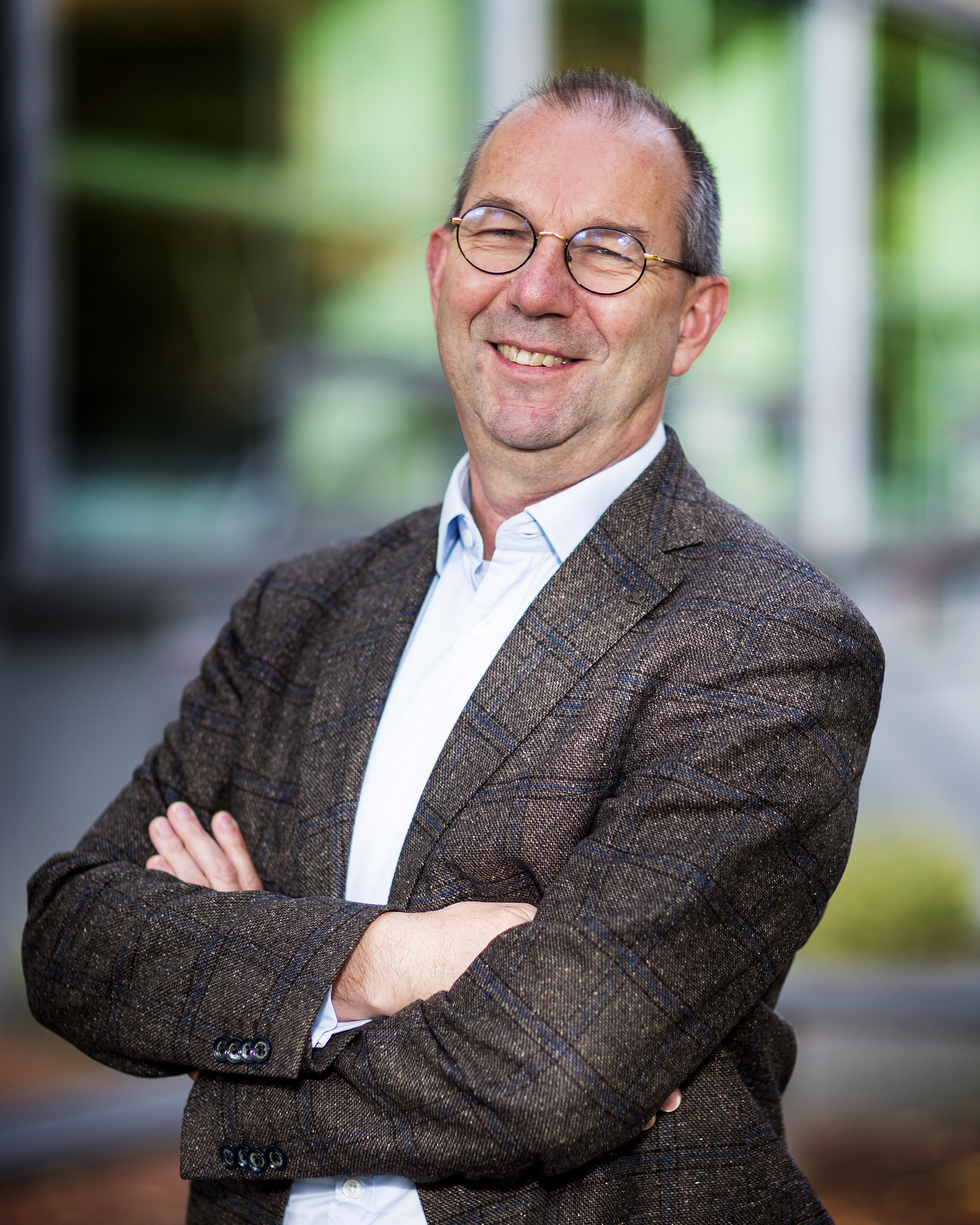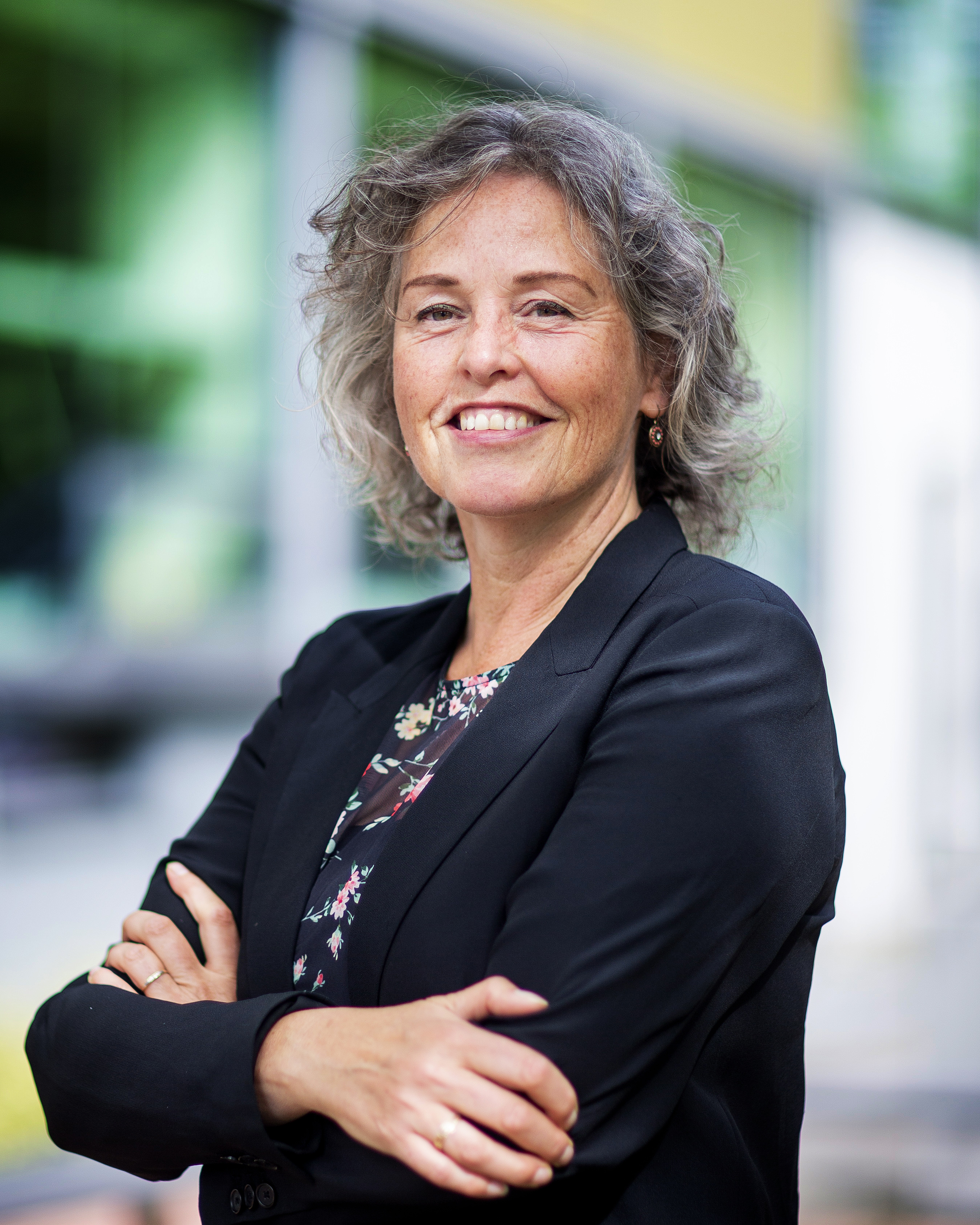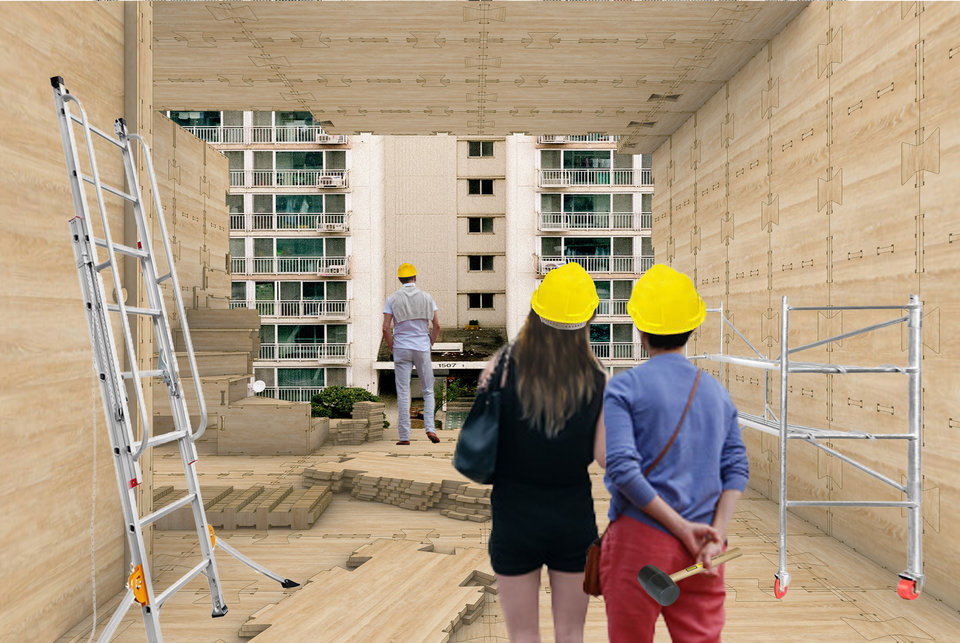TU Delft Study Climate Program aims for student success and valued, autonomous and responsible engineers
How do we ensure that students obtain their bachelor's and master's degrees within the number of years set aside for them? That was the question we asked ourselves at TU Delft. The success of a student was linked to this. If a student earned his or her bachelor's or master's degree within the time limit, we would call him or her a successful student.
But is that true? Is a student by definition successful if he or she graduates within 3 or 5 years?
Rob Mudde, Vice Rector Magnificus, Vice President Education: "The most important thing is that the student leaves the university as a valued, autonomous and responsible TU Delft engineer and that the student experiences success. Today's business demand more broadly educated engineers; engineers with more than just technical knowledge. This means that broader personal development is desirable within our programmes, for example, in the form of teamwork, leading projects and reflection.
I hear around me that the demand for development opportunities in this area also comes from the students themselves. In addition, we see that it is becoming increasingly important to be resilient as a person and to pay attention to this during the study. The Study Climate Program, a TU Delft-wide effort, was set up to meet this need.”
"With the Study Climate Program we will further enhance student success by focusing on students' growth and wellbeing. The program aims to broaden the curricula and culture in order to catalyse the transition to an engineering education that leverages the full range of human potential: from the technical to the social and personal domains. It facilitates a supportive environment that allows students to discover the (full spectrum of) knowledge, skills and mind-sets they need to be ready to start their career successfully."
The Study Climate Program has a core team at ESA surrounded by a team of committed people from all corners of the organisation, including Dean (A&BE) Dirk Van Gameren, Lecturer (IDE) Stefan Persaud, policy advisor Teacher & Student support Stella van der Meulen, Associate Professor (AS) Bertus Beaumont and last but not least Vice President of Education Rob Mudde. The team is in contact with the educational management teams (education and programme directors and heads of esa), a group of experienced teachers and the student support staff (study advisors, psychologists, student and career counsellors). Stella van der Meulen (Programme Lead): "For broader knowledge sharing, there is the study climate community: the 'Study Climate Tribe' where we exchange good practices and have discussions on issues in education related to study climate, well-being and the personal development of students. I kindly invite you to join the community via MS Teams, Study Climate Tribe and keep an eye on the calendar on the Teaching Academy website for the activities."
Within the Study Climate Program, various working groups have carried out projects; for example, with the question of how secondary school students can make a good start on their bachelor's degree, because it is always apparent that the transition to university is quite difficult for students.
"Within the Study Climate Program we are looking for ways to properly inform students before and again at the start of their studies about what studying at university entails and what is expected of them. Advice has been developed and the first steps have been taken to ensure a good start to the Bachelor and Master programmes. For instance, last year TNW offered the programme 'Learning my way' as a pilot for the first-year bachelors, which will be repeated this year, with some adjustments. For the master's students we looked at how to enrich the introduction programme with, for example, intercultural skills. A third subject was the question of what good practices there are in the area of mentor and tutor systems," says Van der Meulen.
Furthermore, a concept vision was developed on student guidance with an overview of all those involved and possibilities for improvement. An important question is what is the limit of our care if we take the legal ‘Duty of Care’ as a starting point.
The focus of the Study Climate Program is broader than just student guidance. Gathering feedback on how lecturers and educational support staff view the study climate and how they think they can be positively involved in it also provides input for the program. The challenge for teachers and educational support staff often appears to be finding the time and facilities to develop themselves in this respect.
At the beginning of the corona period, 'How is your student doing pointers' were developed especially for teachers to keep track of the students' well-being. A working group specifically for teaching, 'Teaching, Vision, Principles and Guidelines', is now starting and teachers can sign up for it. The working group builds on the 'Vision on Education' and the work of the Strategic Response teams that made statements about teaching and learning. It brings together knowledge and experiences from the past two years, for example, how we managed to engage students and provide feedback during the corona period. "We can gain valuable knowledge from this for our future on campus and blended education", Van der Meulen says.
"In time, the Study Climate Program will take further shape. Early next year, we will have meetings with programme directors to hear what is going on at the faculties regarding personal development and well-being of students and student guidance, to share our experiences and good practices and to see where we can cooperate further."
Do you have questions about the Study Climate Programme and or want to get involved? If so, please contact Learning Developer Grant Penny and Educational Psychologist Sjoerd Zoeteman in the Teaching and Learning Department via email. Services.


